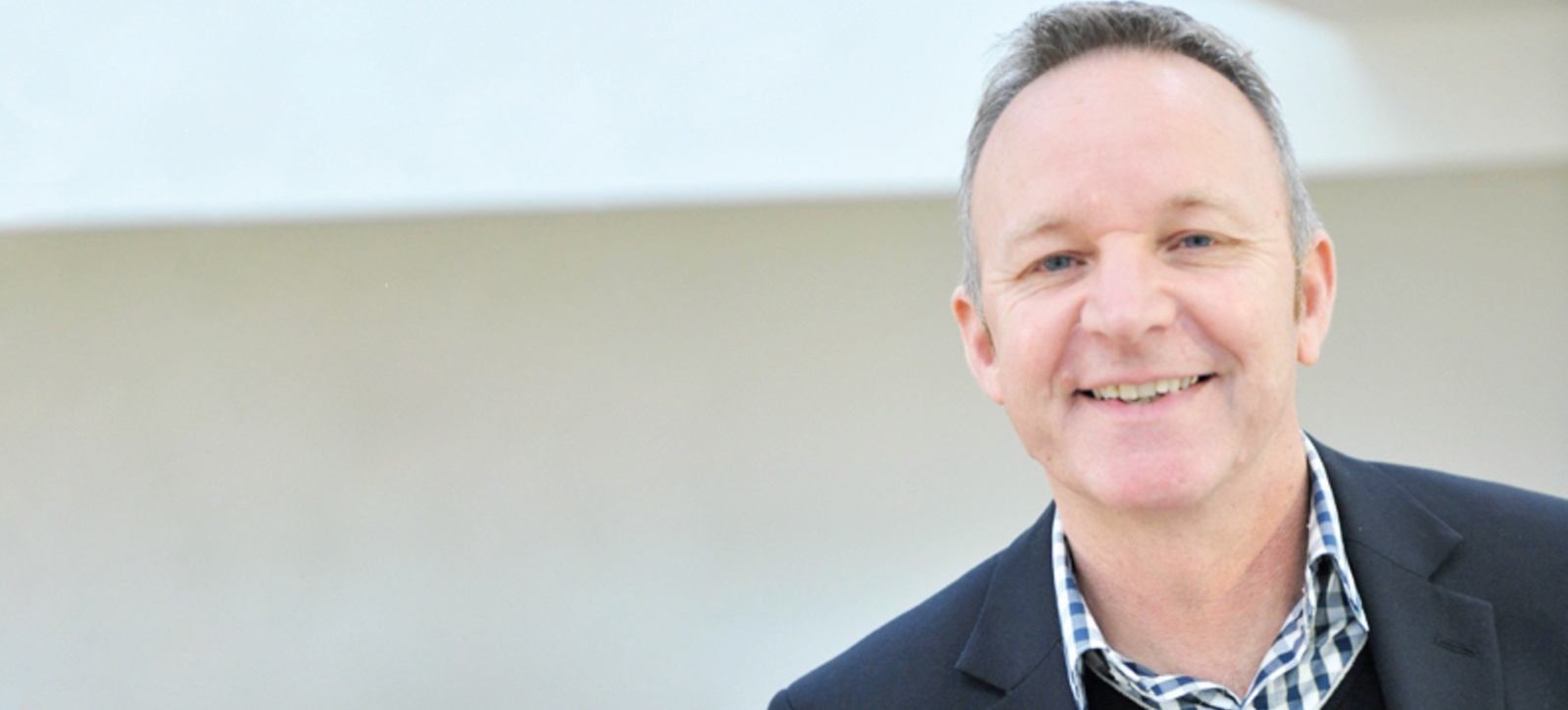
Professor Currie: It is important to move from what we know to what we do
A conference at the University of Warwick this week will explore how researchers at business schools are addressing critical economic and societal challenges.
“Sustainability, productivity, improving health and social care – if we're not helping out with these problems, you have to question what business schools are for,” said Professor Graeme Currie of Warwick Business School, who is chairing a panel on research funding at the Chartered Association of Business Schools' Annual Research Conference on Thursday 23 March.
“Our work has to be impactful. So it's not just doing research and handing it over. It's making sure the impact of our investigations moves into practice at pace and at scale.”
Looking outwards
The Professor of Public Management has been involved in a number of large-scale projects that have brought together researchers from a range of academic specialisms and industry professionals. “To address the grand societal challenges of the day we need interdisciplinary research. We need to lower our walls and look outwards to other departments,” he said. “Business School academics are also expected to be, and should be, working with clinicians, engineers and other professionals."
For the past four years he has headed up a cross-disciplinary team funded by a £2 million grant from the Economic and Social Research Council (ESRC) to look at better ways to help young people in care become independent adults. The team of academics has been drawn from organisation science, public health, and social care, and has been collaborating with colleagues and practitioners from other universities and the NHS.
He is also leading a team of researchers from Warwick Medical School and Warwick’s Centre for Educational Development, Appraisal and Research to improve support services for children with ‘special education needs and disabilities’ (SEND).
“With the SEND project, we work with practice partners such as the Council for Disabled Children and the National Development Team for Inclusion, which act as conduits for our research making impact,” Professor Currie said.
“It is very important that we move from what we know to what we do.”
Inclusion
The benefits of Interdisciplinary collaboration are discussed in one of the sessions at the conference this week. Also on the agenda is the nurturing of positive research cultures. In other words, business schools should be encouraging the inclusion and progression of researchers from under-represented and disadvantaged backgrounds, including those just embarking on their academic career.
“We need to include the next generation of researchers,” said Professor Currie. “After all, it is they who are probably most aware of the societal challenges we face. They are the generation who are no longer prepared to serve just their corporate masters.”
He is looking forward to an exciting exchange of ideas at the conference, which will welcome academics from universities all across the UK.




 X
X Facebook
Facebook LinkedIn
LinkedIn YouTube
YouTube Instagram
Instagram Tiktok
Tiktok